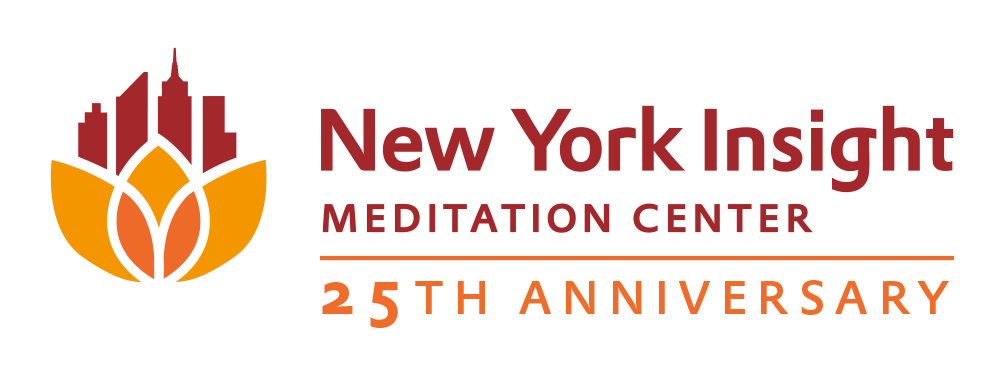Community
The Next Buddha is Sangha
What do we usually consider love to be? We conventionally “love” based on desire and attachment—unreliable because it is fundamentally about grasping—one of the roots of suffering. This “love” is conditioned on what returns to us. Love with attachment or mixed with expectation, by definition, contains unskillful mind states. At first, the attraction and grasping can feel exciting, which veils the underlying suffering.
There is another kind of love—that of metta, the first of the four Brahma Viharas or “Divine Abodes.” My favorite translation of “Metta” (among many) is “loving friendliness.” There is a simplicity, inclusivity and purity of metta not shared by conditional love: the basic wish for all beings, without exception, to be happy—without grasping, bargaining, or condition. The Buddha pointed to the universality of metta in teaching it as an antidote to fear. We include all beings in our sincere good wishes. There is nobody, no thing, no being that is outside of the domain of our good will. This feeling of loving-kindness is a wonderful refuge, a steady sense of patient, fully inclusive connection, warmth, radiance and abundant generosity of heart, independent of conditions, no one left out.
Metta can be practiced. You can start by heeding the advice of an ancient text in the training of metta—to first reflect on the disadvantages of hatred and the advantages of patience, and in so doing, begin to establish goodwill in your heart for yourself, beings whom you favor and favor you, those whom you overlook and those who are difficult. Is this steady, patient connection touching all life possible for you?
With metta,
Gina Sharpe
Guiding Teacher

